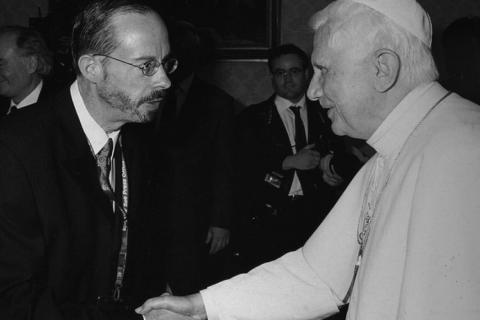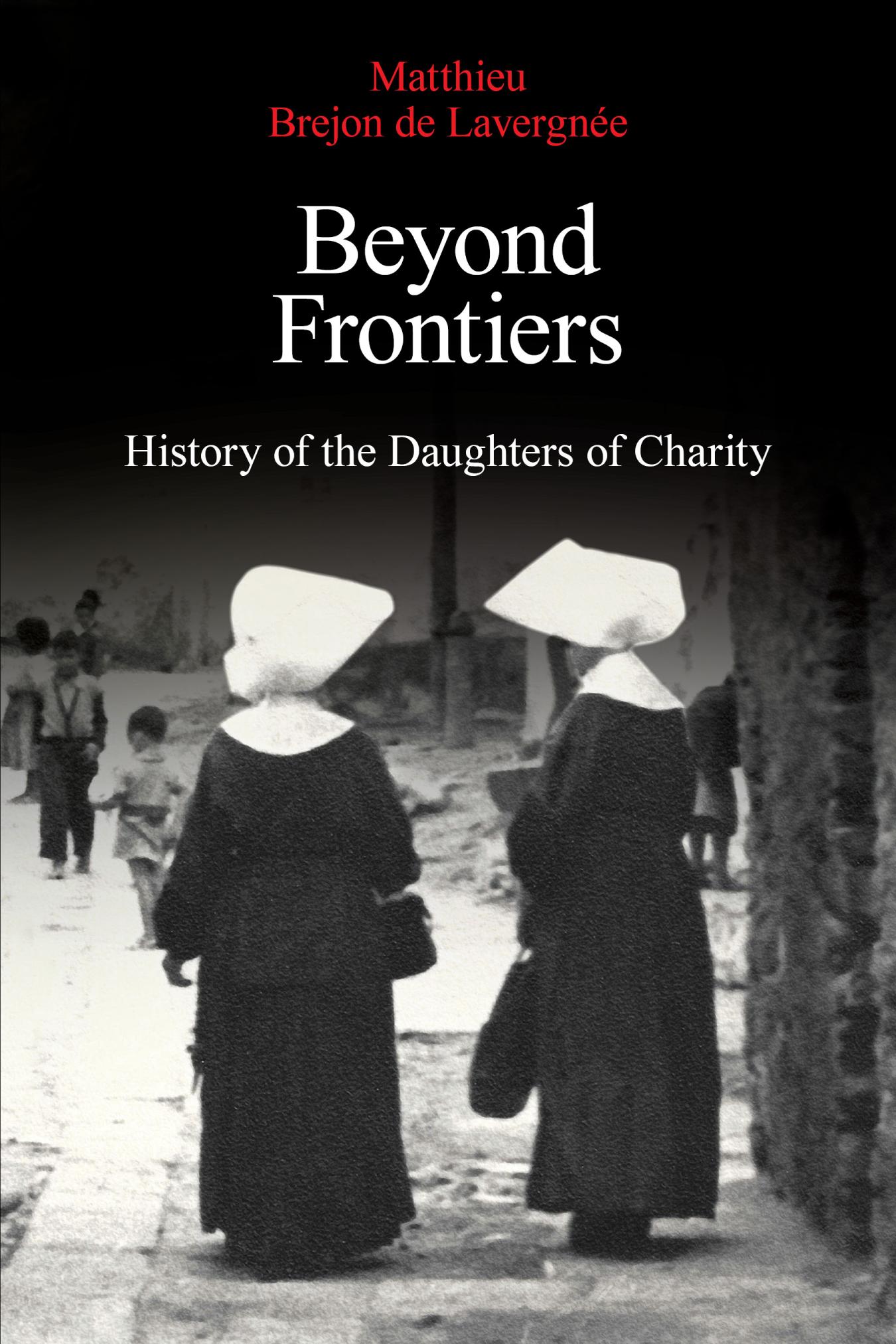
Photo by Neue Stadt
Spiritual abuse is a violation of spiritual self-determination. It unfortunately can occur on three levels, and the abuse escalates in each level.
Spiritual neglect is when only a single spiritual interpretation and tradition is offered (or none at all). As a result, there is no view of alternative approaches. People’s dependency can end up being justified this way.
Spiritual manipulation is when one-sided spiritual interventions push people in a certain direction of experience and behavior. The goal of the manipulator is to destabilize and dominate others.
Spiritual influence is when the will and freedom of the person are so weakened that they no longer offer any resistance to physical or sexual violence.
Communal spirituality, when it is an open and mutually responsible exchange, can make spiritual abuse more difficult to happen.
But it can also be a breeding ground for spiritual one-sidedness and neglect, as well as spiritual manipulation and violence even. For example, when conflicts are seen as taboo, or when individuals are urged against their conscience to support a decision made by others, spiritual abuse can happen.
How can we identify and prevent spiritual abuse?
St. Paul gives an important interpretative key: “I do not mean to imply that we lord it over your faith; rather, we are workers with you for your joy” (2 Cor 1:24).
When spiritual relationships are healthy, they lead to more joy. This does not mean that everything is “fun.” But even in inner hardships and dark times, it should always be possible to experience that these are steps on a path closer to God and life.
Where this deeper dynamic cannot be experienced, where people seem increasingly exhausted, isolated or even dull, when contact with others is restricted or discontinued, we should stay alert to the dangers of spiritual abuse.
The key attitude to preventing spiritual abuse is to reckon with it. Power and the question of superiority and subordination play a role in all human relationships—in the relationship between two people and in every community. Transparency and honesty are decisive for success, or misuse.
Spiritual abuse is delicate and can be very dangerous because it targets the deepest root of the life of human beings: their grounding in God. The gifts of spiritual life and the whole faith are so poisoned that they can no longer be of help. A “love for Jesus on the cross,” for example, can be misused to conceal authoritarian leadership decisions, or when, in the process of discernment, a leader ends up dictating what God’s will is.
Each of us can find ourselves in the situation of being abused spiritually, but also of abusing others when we think we know what is good for them. Someone can act with the best of intentions and yet cross the line.
The authority to interpret what is spiritual abuse and what is not must always lie with those affected. In this respect, the best prevention is an open discussion about how spiritual togetherness and the associated leadership and support are being experienced.
Bernhard Deister is a hospital chaplain and consultant for spiritual support, as well as managing director of the Working Group of Spiritual Movements and Communities in the Diocese of Mainz, Germany. He has been an external member of the Commission Against Sexualized Violence for the Focolare Movement in Germany since 2019. He is married with three children and has a doctorate in theology and a master’s in psychology.
Here’s what spiritual abuse is not
In her book Spiritual Abuse: A Contribution to Enlightenment, Diana Schultz defines its limits and boundaries, in order to avoid that every disagreement and personal conflilct is labeled as abuse:
“It is not abuse when a spiritual leader, who has the responsibility to make decisions, makes a decision than is different from that proposed by some church members to the best of his or her knowledge and belief.”
There is also a fine line between addressing behaviors that can be problematic in the community and comments that can be abusive and destructive:
“Furthermore, it is not abuse when a Christian... confronts another Christian with a sin, wrongdoing, or mistake... The goal, however, should not be to provoke feelings of guilt or shame, but to heal and regenerate."
From Diana Schultz, Geistlicher Missbrauch. Ein Beitrag zur Aufklärung, (Spiritual Abuse: A Contribution to Enlightenment), Grin Verlag: 2015, p. 22.











